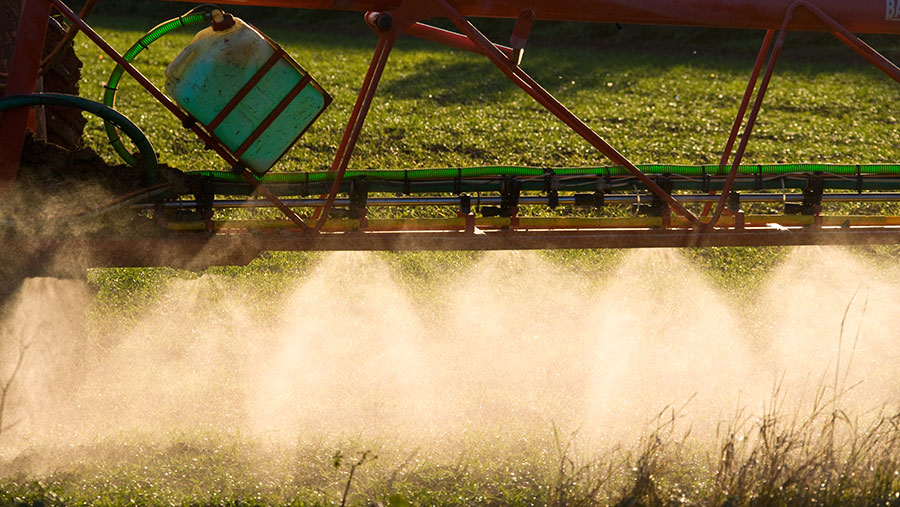Landworkers’ Alliance demands end to paraquat exports
 © Tim Scrivener
© Tim Scrivener The Landworkers’ Alliance (LWA), representing smaller and ecological farmers, has demanded the UK government stops the export of paraquat and other pesticides that are banned for use in the UK, but still made here.
The alliance said loopholes in international trade law mean the pesticides can be manufactured and exported to countries where they are permitted for use.
See also: Parkinson’s sufferers press case over paraquat link
“We’ve written to the UK government to demand it puts an end to these double standards,” said a spokesman.
“We’re asking the Health and Safety Executive to enforce existing rules related to banned pesticides, and for the Department for International Trade to stop the export of paraquat and other toxic pesticides that are prohibited for use in the UK.”
Demonstration
The northern branch of the LWA is holding a demonstration on 7 May at Syngenta’s factory in Huddersfield, where paraquat, also known as Gramoxone, is manufactured.
The product has been made in the UK since the 1960s and is shipped via Hull, under strict licensing rules, to countries across the world.
Syngenta strongly refutes claims there is a link between the neurological disorder Parkinson’s disease and paraquat, which was banned for use in the UK in 2007.
The agriculture science and technology company said its studies showed paraquat use had not increased the risk of developing Parkinson’s, and pointed to 1,200 separate safety reports that backed its case.
In the US, more than 900 farmworkers suffering from Parkinson’s recently mounted a legal challenge, claiming Syngenta failed to warn them of a known link to the degenerative disease, which causes muscle stiffness and tremors.
